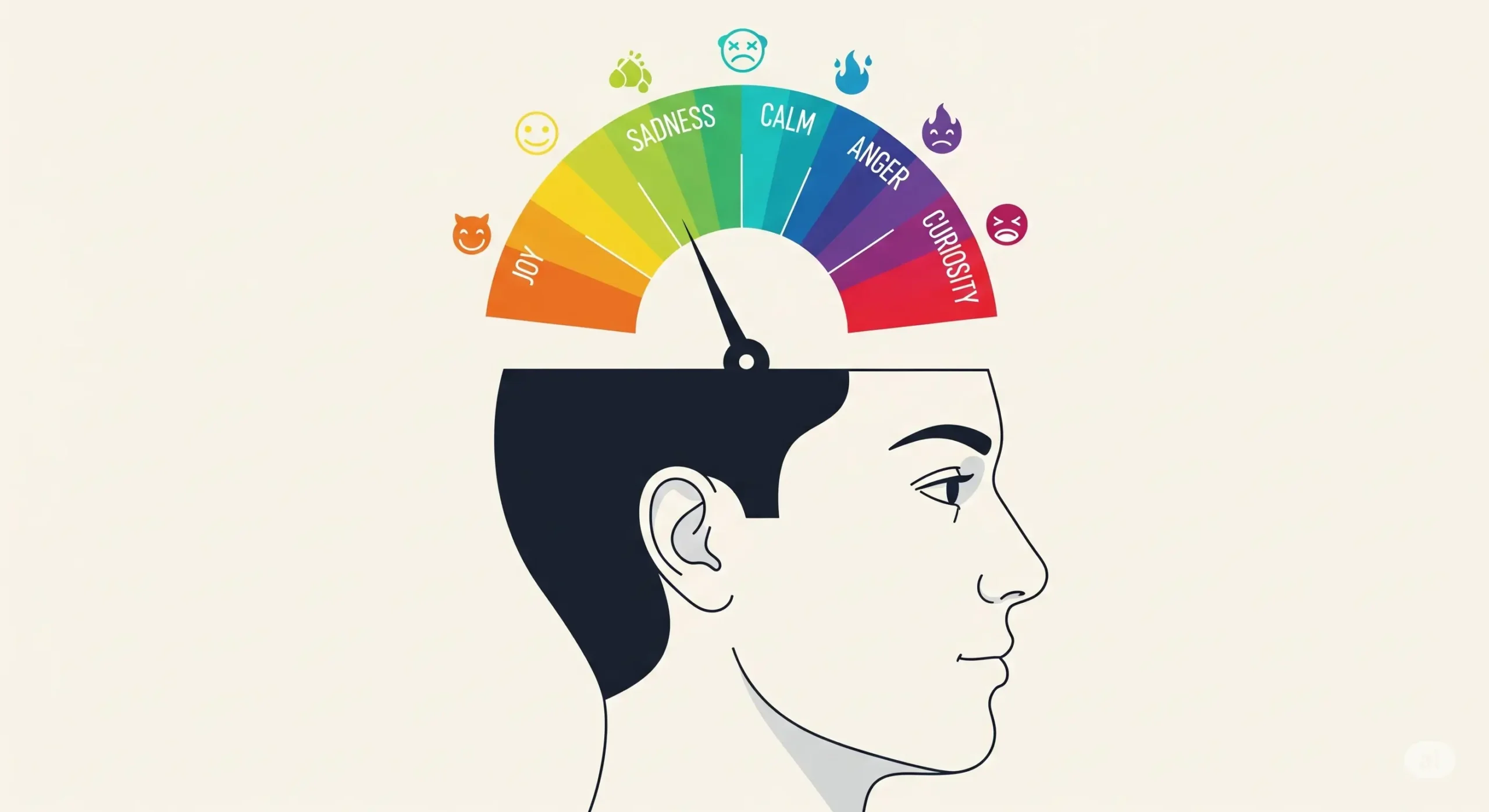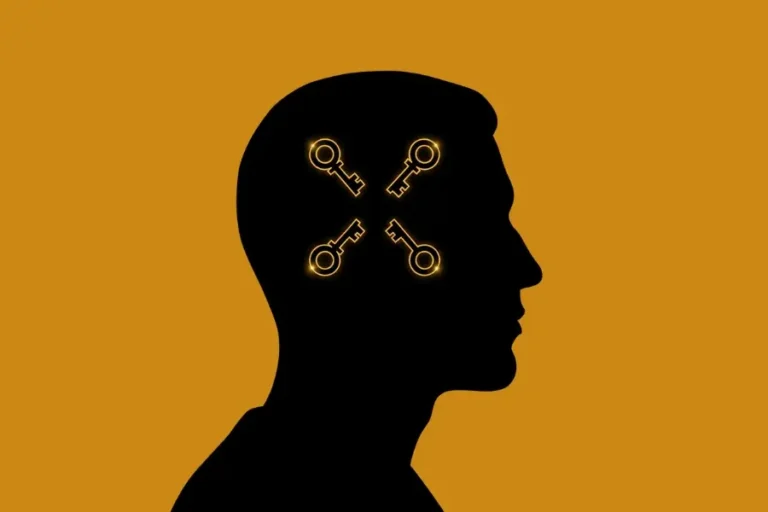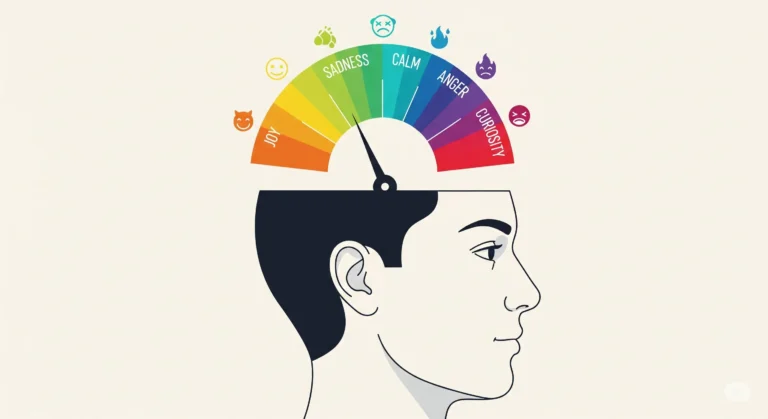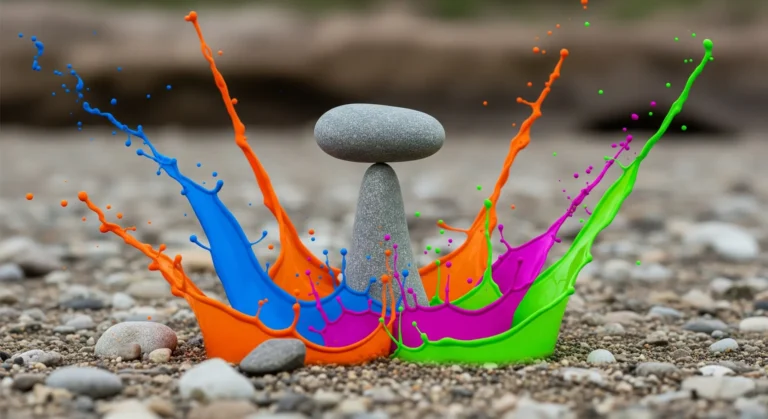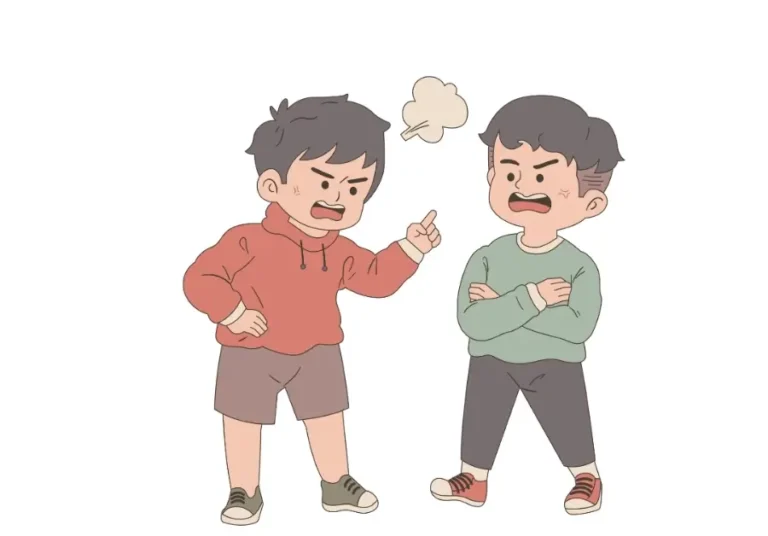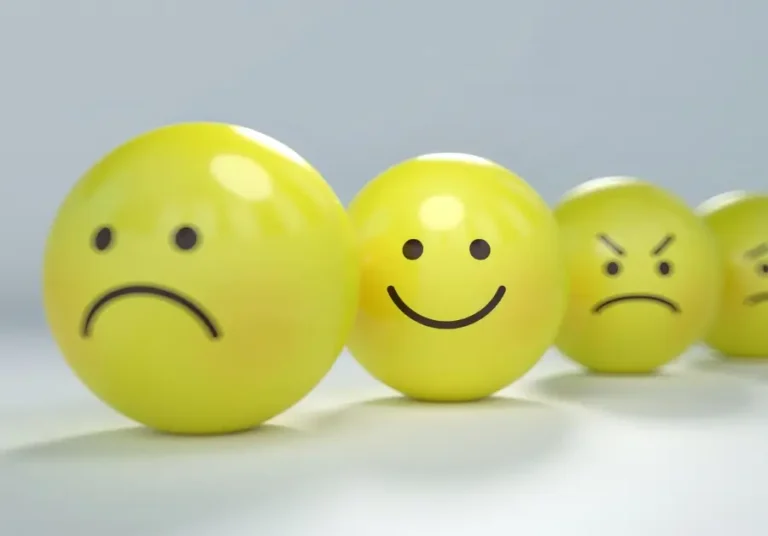You’ve probably heard people talk about emotional intelligence like it’s some mystical superpower. Maybe you’ve wondered about your EQ level, or if you’re emotionally clueless without realizing it. The truth is, most of us walk around thinking we’re pretty emotionally aware, but figuring out your actual EQ level isn’t always obvious.
Here’s the thing: emotional intelligence isn’t about being “nice” or never getting upset. It’s about how you handle your emotions and navigate relationships when life gets messy. And trust me, we all have blind spots when it comes to our EQ level.
So let’s figure out where you actually stand. No sugar-coating, no generic advice. Just real ways to assess your EQ level and understand what you’re working with.
The Mirror Test: How You Handle Your Own Emotions
When something goes wrong, what’s your first reaction?
People who know how to assess their emotional intelligence pay attention to their immediate responses. Do you blame others instantly, or do you pause and check in with yourself first?
Here’s what emotional self-awareness actually looks like:
- You notice when you’re getting triggered before you explode
- You can name what you’re feeling beyond “good” or “bad”
- You recognize your patterns (like getting defensive when criticized)
- You admit when you’re wrong without falling apart
Signs you have high emotional intelligence in self-regulation:
- You don’t send that angry text at 2 AM
- You can disagree without making it personal
- You bounce back from setbacks without spiraling for weeks
- You ask for help when you need it
If you’re thinking, “Well, I do some of these sometimes,” that’s normal. The key is consistency and self-honesty.
The Relationship Reality Check
How do people respond to you when they’re stressed or upset?
This is where many people get a reality check about their EQ level. Do friends come to you with their problems, or do they seem to walk on eggshells around you?
People with strong emotional intelligence create psychological safety. Others feel heard, not judged. They’re the ones people trust with sensitive information because they respond with empathy in communication rather than immediate advice or criticism.
Watch for these patterns:
- Do conversations often turn into debates?
- Do people seem to shut down when you’re trying to help?
- Are you always the one talking in group settings?
- Do conflicts with you tend to escalate or resolve?
Signs of emotional maturity in relationships:
- You can listen without planning your rebuttal
- You validate feelings even when you disagree with actions
- You apologize for your part without deflecting
- You pick your battles and let small things go
The Conflict Test
Nothing reveals your true EQ level like conflict. When disagreements arise, how do you show up?
People who understand their EQ know that conflict resolution skills aren’t about winning or avoiding. They’re about staying curious instead of getting defensive.
High EQ conflict behaviors:
- You ask questions to understand, not to trap
- You can separate the person from the problem
- You stay focused on solutions, not blame
- You can take breaks when emotions run high
Low EQ warning signs:
- You bring up past issues during current disagreements
- You attack character instead of addressing behavior
- You shut down or storm off regularly
- You hold grudges and keep scorecards
The Empathy Check
Can you read the room, or are you often surprised by others’ reactions?
True empathy goes beyond “I understand how you feel.” It’s about recognizing emotional strengths in others and responding appropriately.
People skills aren’t just about being friendly. They’re about emotional attunement. You notice when someone’s smile doesn’t reach their eyes. You sense when a colleague is overwhelmed even if they haven’t said anything. You adjust your communication style based on what others need at the moment.
Questions to assess your empathy:
- Do you notice when someone’s energy shifts?
- Can you tell when someone needs space versus support?
- Do you remember what matters to the people close to you?
- Are you genuinely curious about others’ perspectives?
The Self-Deception Trap
Here’s where it gets tricky. The people with the lowest emotional intelligence often think they have the highest. It’s called the Dunning-Kruger effect, and it applies to EQ too.
Red flags that you might be overestimating your EQ:
- You think everyone else is “too sensitive”
- You believe you’re “just being honest” when others say you’re harsh
- You rarely apologize because you’re rarely wrong
- You think emotional people are weak or dramatic
How emotionally aware you are shows up in your willingness to get feedback. People with genuine emotional intelligence actively seek input about their impact on others. They’re not defensive about blind spots because they know everyone has them.
The Growth Mindset Factor
The biggest sign of emotional intelligence? Recognizing that emotional growth is ongoing work, not a destination.
You might handle stress well but struggle with empathy. You might be great at reading others but terrible at self-regulation. Most of us are works in progress, and that’s exactly as it should be.
True emotional maturity means:
- You’re honest about your emotional patterns
- You notice your triggers without being controlled by them
- You see feedback as information, not attack
- You understand emotions as temporary experiences, not identity
Where Do You Go From Here?
If you recognize yourself in the higher EQ descriptions, great. Keep building on those strengths. If you’re seeing some gaps, that’s actually good news too. Awareness is the first step toward understanding emotions better.
The goal isn’t perfection. It’s progress. And recognizing where you are right now is exactly how to know your emotional intelligence level and where to focus your growth.
Want to go deeper? Learn how emotional regulation actually works in daily life in this post “What Does Emotional Regulation Look Like?“). Or if you’re still unsure what EQ even means, start here: Understanding Emotional Intelligence: A Simple, Clear Definition.
Your emotional intelligence isn’t fixed. But knowing where you stand today gives you a roadmap for where you want to go tomorrow.

